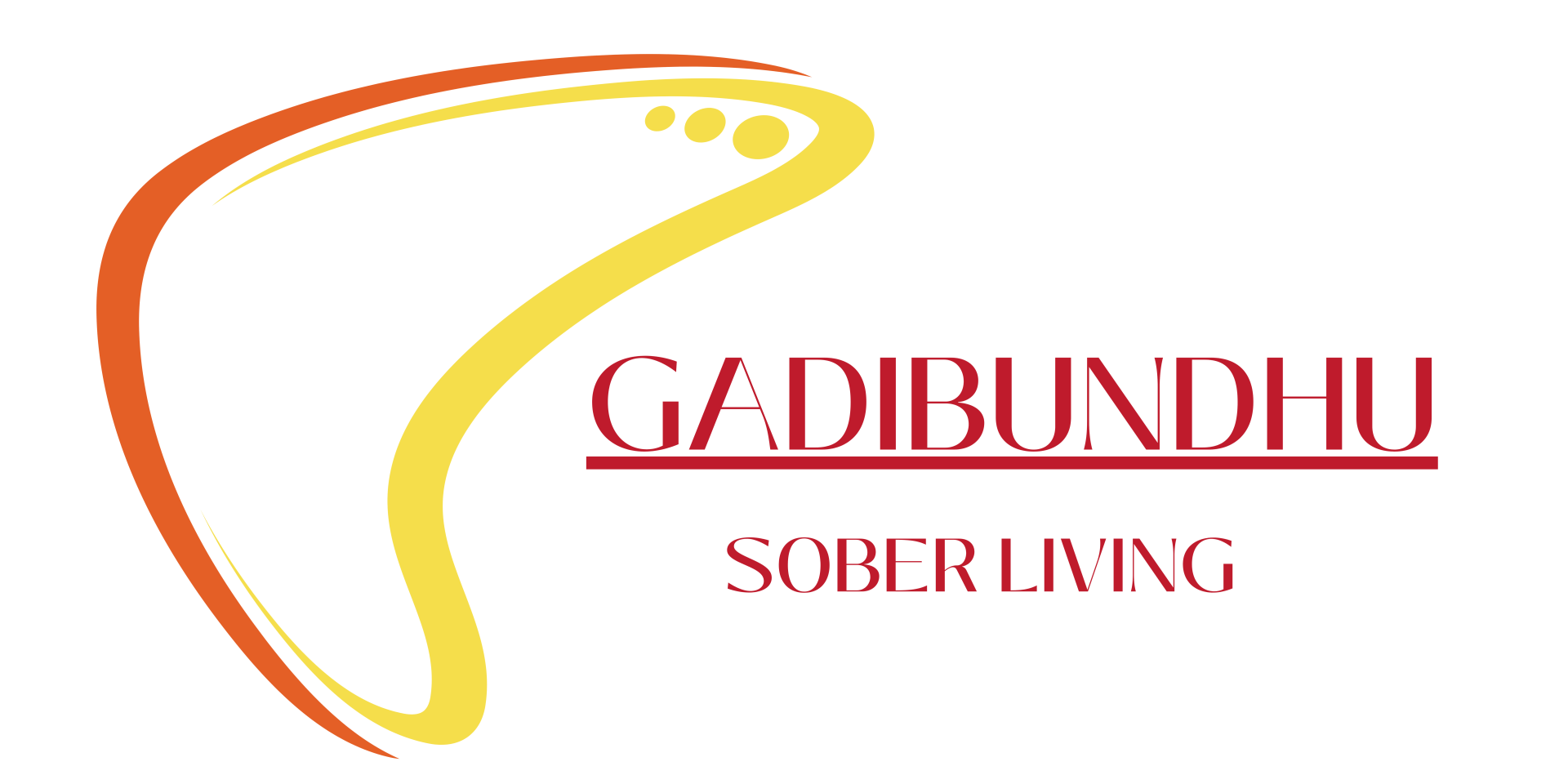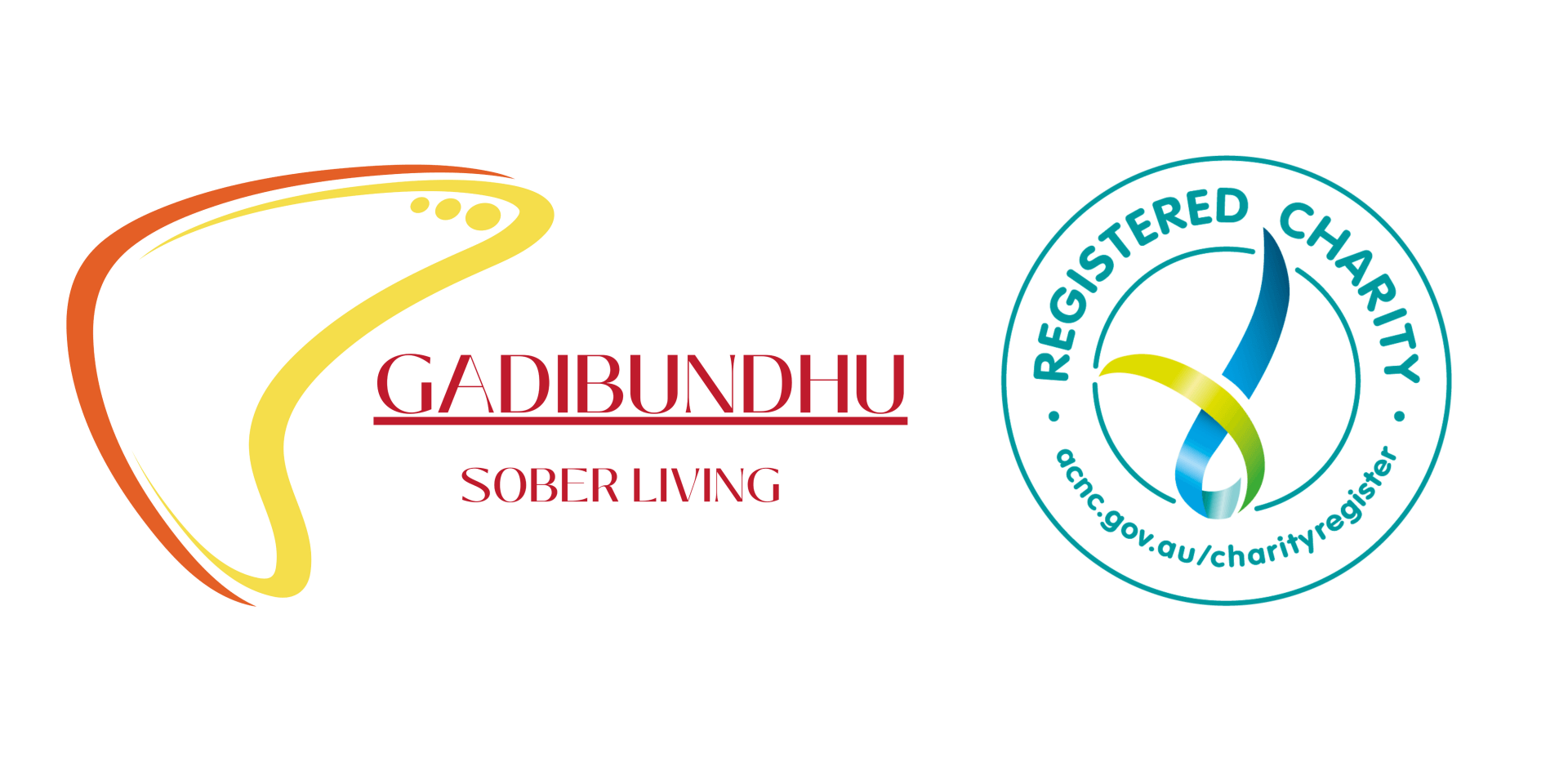Drug & Alcohol Intervention Program
In this module you will learn about the cycle of addiction, relapse and finally recovery. You will start your emotional journey on identifying your internal triggers, and mechanisms of addiction. Most addiction, starts during child-hood, brought on by trauma. Addicts use Alcohol, Gambling or other Substances as a defense mechanism to respond to the shame of these experiences. Your emotional growth could cover anything from anger
management, to processing grief, to ‘moving on’ from sexual abuse or other trauma/s, to recognising and appropriately expressing all your feelings.
In this module you will learn about the 6 steps of change, and how to adapt your motivation to assist you to change your habits. You will Identify low and high moments, and utilise your resources to assist you with your sobriety journey.
The six stages of change are:
Pre-contemplation
Contemplation
Determination
Action
Maintenance
Relapse
In this module you will learn the process of developing shame, and the difference between healthy and unhealthy shame. Shame drives our addiction, however, it also controls our behaviour and develops our ability to connect to others. Shame is a vital part of a human's behaviour as it provides our moral or immoral compass. Healthy shame (or guilt) can be described as the uncomfortable feeling that occurs when you contravene your moral, belief and value systems.
During the first years of Childhood; children learn appropriate or inappropriate behaviour by mirroring (shadowing) their parents. According to Eric Erikson- Developmental Psychologist, children learn to trust or mistrust their environment in their first year of life. Through this process, a trusting bond is developed and as this bond matures, a child learns a healthy or unhealthy level of shame. A healthy sense of shame is required, as this guides our morals, values and boundaries by controlling our behaviour.
In this module you will learn about anger. You will learn about your triggers, and develop strategies to reduce you from "boiling over." Throughout this module you will learn about the 5 stages.
- Stage 1 Initial Awareness
- Stage 2 Energy mobilisation (your feelings)
- Stage 3 The action
- Stage 4 Feedback
- Stage 5 Withdrawal.
You will also learn about the three types of addict; No-Anger Addict, a Chronic Anger Addict or a Balanced-Anger Addict.
Human beings are remarkable creatures. Our intellect is superior however we do not always use our intellect for good, rather we use it for self-interest or to harm ourselves or others. Addicts generally use their intellect to cause self-harm by engaging in destructive behaviours. Addicts need to re-program the way they think, the language they use, and take responsibility for their actions. Addicts need to accept that you have to change yourself, not the world. "If we could change ourselves, the tendencies in the world would also change" Gandhi
In this module you will learn about the power of language, and nature of human beings. You will learn that Addicts are powerless over their addiction and admission is an intellectual activity. You will learn about step 1 and step 2 of the 12 step program.
- Step 1: As people with an addiction you cannot do anything about your addiction until you admit it at an intellectual level. (Step 1 of 12)
- Step2: As people with an addiction you cannot do anything about your addiction just by admitting it at an intellectual level.
(Steps 2 of 12).
In this module we are going to explore a lot of the particular feelings that people with an addiction experience (except anger and resentments, which we cover in other modules). We will also look at the way thoughts affect feelings, and how to control feelings by controlling thoughts. Throughout this module we will continue to explore your emotional and spiritual needs, and how emotions affect sobriety. These emotions include:
- Happiness
- Pride and Humility
- Fear and Courage
- Anxiety
- Fear of Failure or Success
- Guilt
- Self Pity and Self Righteousness
- Jealousy and Envy
- Worry
- Inadequacy and Inferiority
- Love
- Loneliness
- Desperation
In this module we will look at your relationships with people, places and things outside of you. These include your present relationships with members of your family-of-origin, as well as present relationships with friends, lovers and partners, and others. Many of these present relationships have been affected by your past experiences in your journey to here-and-now. Addicts need to look at the people they surround themselves with and the value they provide them. The Law of Attraction states that what we think we resonate in our life. Jim Rohn states "you're the average of the five closest people to you. Therefore we need to evaluate who we give our time to and what value they're bringing to us and our sobriety journey. New Title
In this module we will cover the aspects of your physical nature that involve or relate to your body. Then we will explore some non-bodily aspects of your physical nature. Through this module we will explore the physical attributes of addiction and the long-term affects these cause to your body, as well as the anatomy behind addiction. We will further explore sexual health, and how our physical needs can hinder our progress to sobriety and control our addiction needs.
During this module you will further explore your emotional and spiritual journey further looking into the topic of resentment and how that affects your sobriety journey. Resentments, as forms of anger, are emotional responses to situations. But the spiritual aspect is the most critical as resentments harm you spiritually. “It is plain to us that a life which includes deep resentment leads only to futility and unhappiness...For when harbouring such feelings we shut ourselves off from the sunlight of the spirit. The insanity of alcohol returns and we drink again.”
During this module, we will explore other dependencies such as dependencies on relationships, and how relationships can become toxic, and affect our healing processes. We will also explore other types of dependencies such as:
- Sex addiction
- Workaholic
- Perfectionism
Dependencies on relationships e.g. friends, families and partners. What can you do if you have fallen victim of other dependencies. You can ask yourself:
- What types of other dependent behaviours do you still exhibit?
- What do you avoid in hanging on to these other dependent behaviours?
- How are you going to change these other dependent behaviours?
- What do you need to do to ensure you lead a healthy and productive lifestyle?
In this module we further explore family systems, and how our families shape and form our future. We also look at healthy and unhealthy relationships with family and friends, and how to set-up boundaries and look for red flags. This module we look at two systems, Micro and Macro. Micro systems tend to be smaller hence the name "Micro" and Macro systems tend to be large. For example, a closed system can be seen as dysfunctional, and closed off being a small (Micro) system, whilst a Macro system is open, flexible, and forever growing opening to the opportunity of developing healthy relationships.

